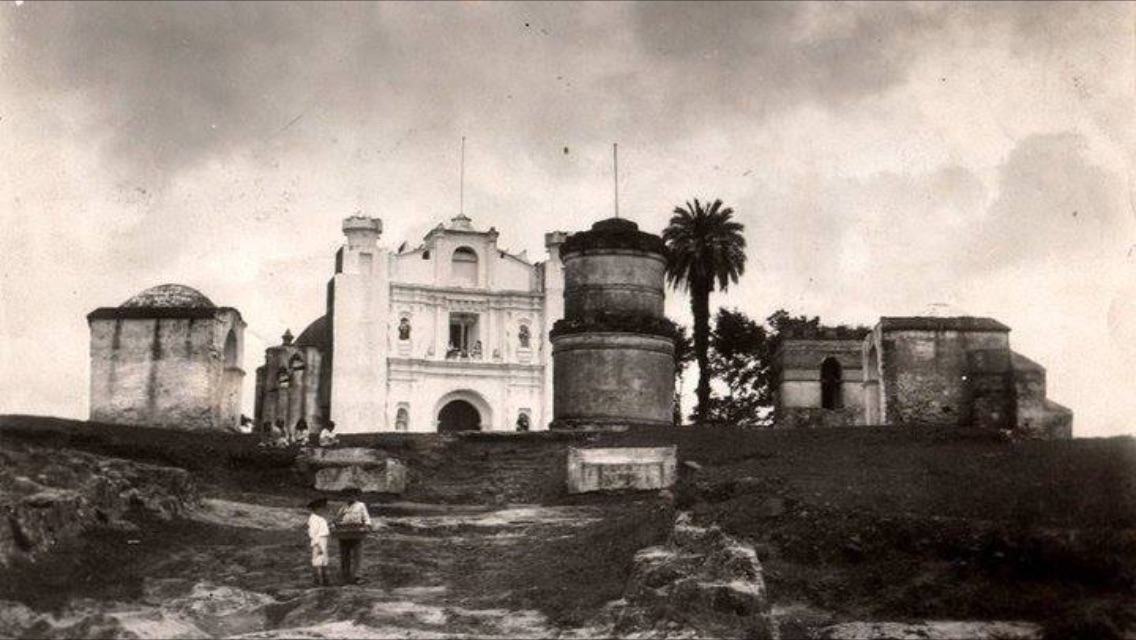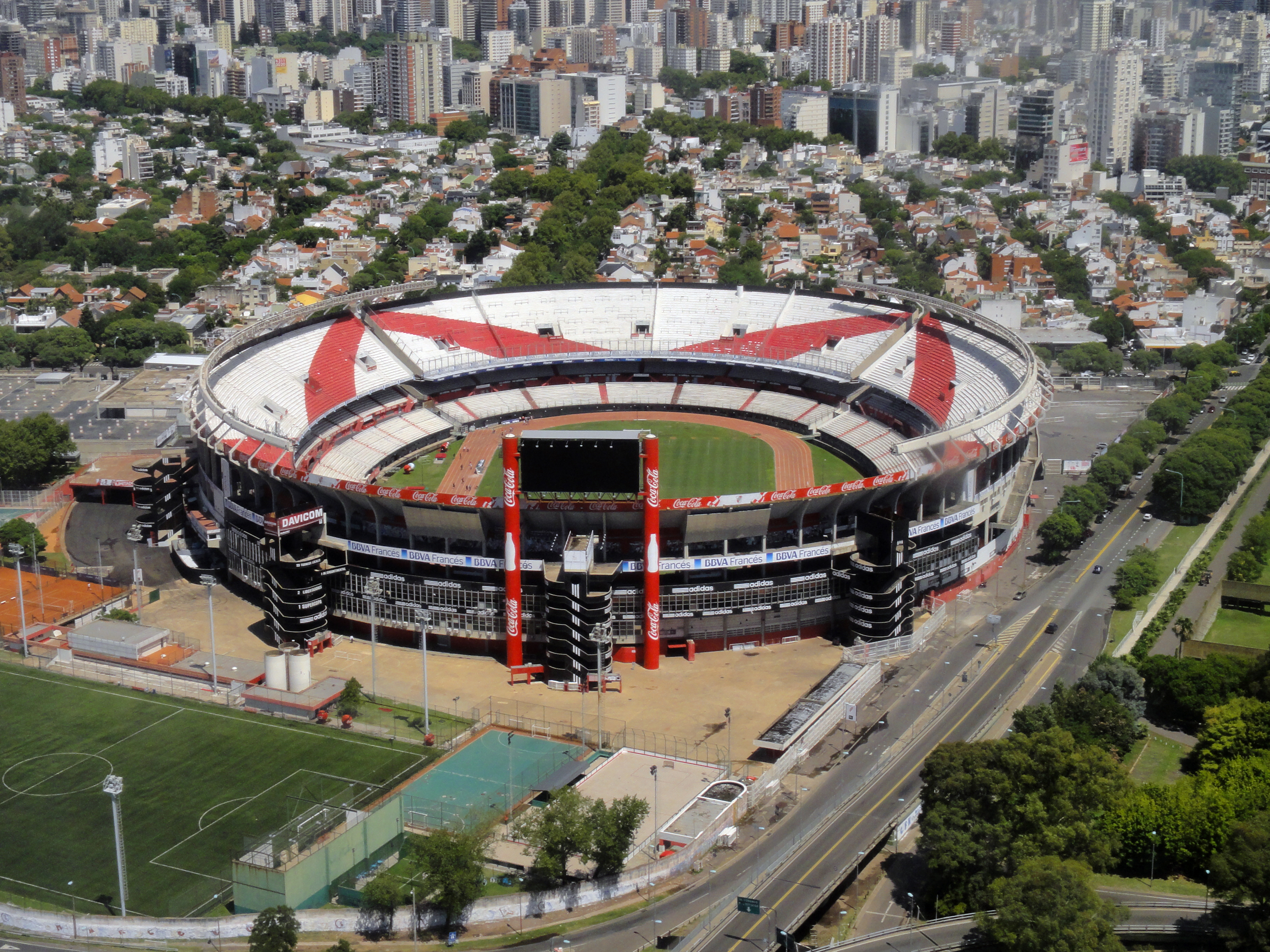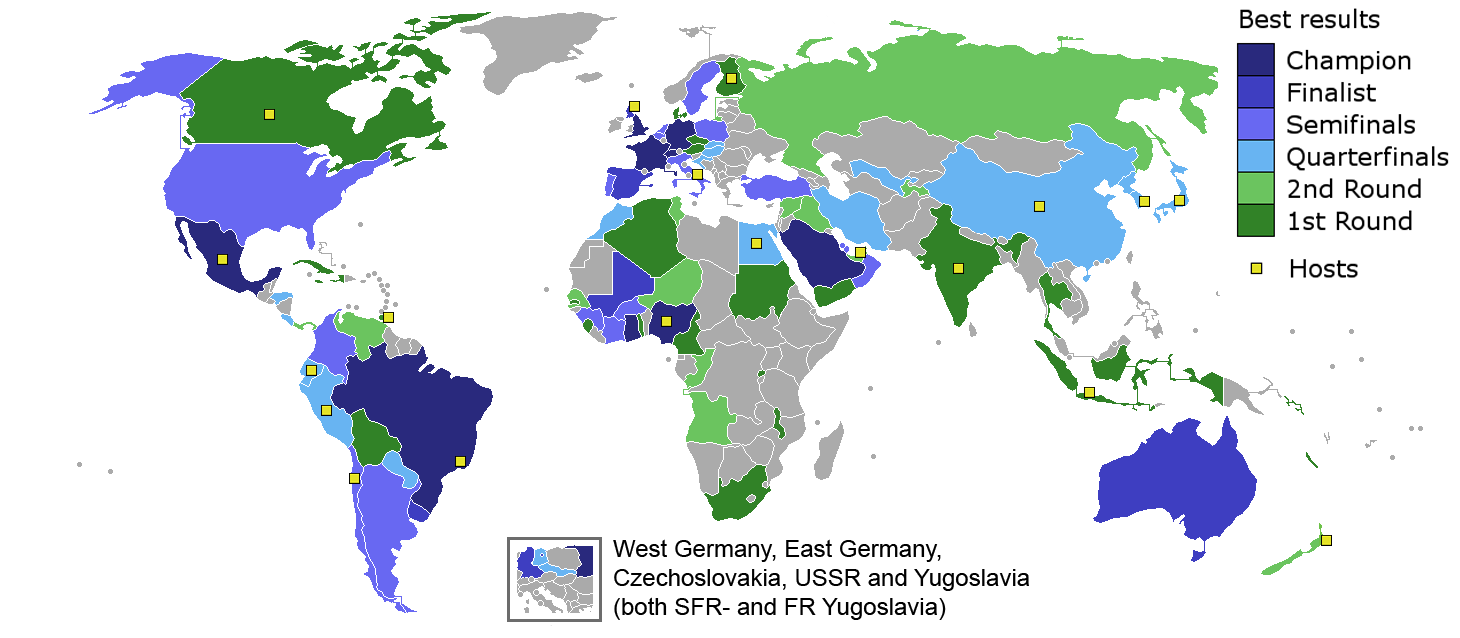|
Pablo Melgar
Pablo Sebastián Melgar Torino (born January 14, 1980) is a retired Guatemalan-Chilean football (soccer), football defender (football), defender. Club career Before playing in Chile, Melgar played for local clubs Deportivo Zacapa, Antigua GFC, Aurora F.C., and CSD Municipal, Municipal, the latter from 2004 to 2007, during which time the club won five Liga Nacional de Guatemala, league titles in a row. He then left Municipal for Club de Deportes Antofagasta, Antofagasta but decided not to return to Chile after finding it hard to play football outside the capital, Santiago de Chile. After a stint with Universad de San Carlos (Guatemalan football club), USAC, Melgar returned to Municipal for the Apertura 2010 season. International career Melgar has been a regular on the Guatemala national football team, Guatemala national team, for which he has competed at the youth, Football at the Summer Olympics, Olympic, and full international levels. Tournaments in which he partaked include th ... [...More Info...] [...Related Items...] OR: [Wikipedia] [Google] [Baidu] |
Guatemala City
Guatemala City ( es, Ciudad de Guatemala), known locally as Guatemala or Guate, is the capital and largest city of Guatemala, and the most populous urban area in Central America. The city is located in the south-central part of the country, nestled in a mountain valley called Valle de la Ermita ( en, Hermitage Valley). The city is the capital of the Municipality of Guatemala and of the Guatemala Department. Guatemala City is the site of the Mayan city of Kaminaljuyu, founded around 1500 BC. Following the Spanish conquest, a new town was established, and in 1776 it was made capital of the Kingdom of Guatemala. In 1821, Guatemala City was the scene of the declaration of independence of Central America from Spain, after which it became the capital of the newly established United Provinces of Central America (later the Federal Republic of Central America). In 1847, Guatemala declared itself an independent republic, with Guatemala City as its capital. The city was originally ... [...More Info...] [...Related Items...] OR: [Wikipedia] [Google] [Baidu] |
Defender (football)
In the sport of association football, a defender is an outfield position whose primary role is to stop attacks during the game and prevent the opposition from scoring. Centre-backs are usually positioned in pairs, with one full-back on either side to their left and right, but can be played in threes with or without full-backs. Defenders fall into four main categories: centre-back, sweeper, full-back, and wing-back. The centre-back and full-back positions are essential in most modern formations. The sweeper and wing-back roles are more specialised for certain formations dependent on the manager's style of play and tactics. Centre-backs are usually tall and positioned for their ability to win duels in the air. Centre-back The centre-back (also known as a central defender or centre-half, as the modern role of the centre-back arose from the centre-half position) defends in the area directly in front of the goal and tries to prevent opposing players, particularly centre-forwards ... [...More Info...] [...Related Items...] OR: [Wikipedia] [Google] [Baidu] |
2005 CONCACAF Gold Cup
The 2005 CONCACAF Gold Cup was the eighth edition of the Gold Cup, the football championship of North America, Central America and the Caribbean (CONCACAF). It was contested in the United States in July 2005. The United States emerged victorious in the final against an upstart Panama team led by tournament MVP Luis Tejada. After regulation and 30 minutes of extra time ended scoreless, the USA won 3–1 on penalties. For this edition, the format was switched from four groups of three teams each to the three groups of four teams. As a result, there was one more group stage game for each team, and the likelihood of teams advancing on a coin toss was much less. The top two teams from each group and the two best third-place teams would advance to the quarterfinals. As usual for the Gold Cup, several of the top teams fielded less than their top squads, including guest teams Colombia and South Africa. Mexico and the United States were missing at least half their usual starters, and a ... [...More Info...] [...Related Items...] OR: [Wikipedia] [Google] [Baidu] |
UNCAF Nations Cup
The Copa Centroamericana (, Spanish for "Central American Cup") was the main association football competition contested by the senior men's national teams of the members of the ''Unión Centroamericana de Fútbol'' ( UNCAF), the sport's Central American governing body. Held every two years since 1991, in the years before and after the FIFA World Cup tournaments, it was originally called the UNCAF Nations Cup (), changing to the latter name in 2011. The tournament consisted of two stages. In the group round of the tournament finals, the seven teams competed in two round-robin groups, one of four teams and the other of three, for points, with the top two teams in each group proceeding. These four teams qualified for the semifinal stage of the final round, where the winners advanced into the final while the losers disputed a third-place match. The fifth-place match was disputed between the third-ranked teams of the group stage. Depending on their performance in the Copa Centroam ... [...More Info...] [...Related Items...] OR: [Wikipedia] [Google] [Baidu] |
FIFA World Cup Qualification
The FIFA World Cup qualification is a competitive match that a national association football team takes in order to qualify for one of the available berths at the final tournament of the (men's) FIFA World Cup. Qualifying tournaments are held within the six FIFA continental zones, each organized by their respective confederations: AFC (Asia), CAF (Africa), CONCACAF (North and Central America and the Caribbean), CONMEBOL (South America), OFC (Oceania), and UEFA (Europe). For each World Cup, FIFA decides the number of places in the finals allocated to each of the zones, based on the numbers and relative strengths of the confederations' teams. As a courtesy, the host receives an automatic berth selection, as has happened with the immediate past tournament winner during much of the competition's history. All other finalists are determined on a standalone qualifying round achievement without regard to previous achievements. History The berths for the inaugural 1930 tourname ... [...More Info...] [...Related Items...] OR: [Wikipedia] [Google] [Baidu] |
RSSSF
The Rec.Sport.Soccer Statistics Foundation (RSSSF) is an international organization dedicated to collecting statistics about association football. The foundation aims to build an exhaustive archive of football-related information from around the world. History This enterprise, according to its founders, was created in January 1994 by three regulars of the Rec.Sport.Soccer (RSS) Usenet newsgroup: Lars Aarhus, Kent Hedlundh, and Karel Stokkermans. It was originally known as the "North European Rec.Sport.Soccer Statistics Foundation", but the geographical reference was dropped as its membership from other regions grew. The RSSSF has members and contributors from all around the world and has spawned seven spin-off projects to more closely follow the leagues of that project's home country. The spin-off projects are dedicated to Albania, Brazil, Denmark, Norway, Poland (90minut.pl), Romania, Uruguay, Venezuela, and Egypt Egypt ( ar, مصر , ), officially the Arab Republic of ... [...More Info...] [...Related Items...] OR: [Wikipedia] [Google] [Baidu] |
Argentina National Football Team
The Argentina national football team represents Argentina in men's international football and is administered by the Argentine Football Association, the governing body for football in Argentina. Nicknamed ''La Albiceleste'' ('The White and Sky Blue'), they are the reigning world champions, having won the most recent World Cup in 2022. Overall, Argentina has appeared in a World Cup final six times; a record surpassed only by Brazil and Germany; Argentina played in the first ever final in 1930, which they lost 4–2 to their South American rival Uruguay. Argentina's next final appearance came 48 years later, in 1978, when the team captained by Daniel Passarella defeated the Netherlands 3–1 in extra time, being crowned world champions for the first time. Captained by Diego Maradona, Argentina won their second World Cup eight years later, in 1986, with a 3–2 final victory over West Germany. They reached the final once more under the guidance of Maradona, in 1990, b ... [...More Info...] [...Related Items...] OR: [Wikipedia] [Google] [Baidu] |
Cuba National Football Team
The Cuba national football team ( es, Selección de fútbol de Cuba) represents Cuba in men's international football and it is controlled by the Football Association of Cuba. Nicknamed Leones del Caribe (''Lions of Caribbean''), the team represents all three FIFA, Caribbean Football Union and Confederation of North, Central American and Caribbean Association Football (CONCACAF). They were the first Caribbean team to get to the World Cup Quarter finals – they did so in 1938. There, in the round of 16, they defeated Romania in a replay, 2–1, after drawing against them 3–3. They were then eliminated in the quarter-finals by Sweden, 8–0. Cuba has not returned to the World Cup since. Cuba finished second in the North American Nations Cup in 1947, which they hosted the tournament, second also in Caribbean Cup in 1996, 1999, and 2005, but won in 2012. History Early history Cuba played its first international football match on 16 March 1930 at that year's Central ... [...More Info...] [...Related Items...] OR: [Wikipedia] [Google] [Baidu] |
Football At The 2000 Summer Olympics
The football tournament at the 2000 Summer Olympics started on 15 September. The men's tournament is played by U-23 (under 23 years old) national teams, with up to three over age players allowed per squad. Article 1 of the tournament regulations states: "The Tournaments take place every four years, in conjunction with the Summer Olympic Games. The associations affiliated to FIFA are invited to participate with their men's U-23 and women's representative teams." Venues ''* Hindmarsh Stadium only used during the Men's tournament. Temporary seating was added for the games.'' ''Olympic Stadium only used during the Men's tournament final. Competition schedule Medal summary Medal table Events Men's tournament Women's tournament Awards FIFA Fair Play Award References External links * (archived)Olympic Football Tournaments Sydney 2000 - Men FIFA.com FIFA.com {{EventsAt2000SummerOlympics 2000 2000 in association football 2000 File:2000 Events Collage.png, ... [...More Info...] [...Related Items...] OR: [Wikipedia] [Google] [Baidu] |
1999 Pan American Games
The 1999 Pan American Games, officially the XIII Pan American Games or the 13th Pan American Games, was a major international multi-sport event that was held from July 23 to August 8, 1999, in Winnipeg, Manitoba, Canada and surrounding towns and cities. Canoeing competitions started the day before the games officially begun. Approximately 5,000 athletes from 42 nations participated at the games. A total of 330 medal events in 34 sports and 42 disciplines. Financially, the 1999 games were a success, generating a surplus of $8.9 million through a combination of fiscal restraint and the contribution of nearly 20,000 volunteers. The 1999 Pan American Games were the second Pan American Games hosted by Canada and Winnipeg. Previously, Winnipeg hosted the 1967 Pan American Games. Bidding process Winnipeg beat both Santo Domingo, Dominican Republic and Bogota, Colombia in 1994 to win hosting rights for the event. In 1988, a delegation from Winnipeg announced that once it got app ... [...More Info...] [...Related Items...] OR: [Wikipedia] [Google] [Baidu] |
FIFA U-20 World Cup
The FIFA U-20 World Cup is the biennial football world championship tournament for FIFA members’ men's national teams with players under the age of 20. The competition has been staged every two years since the inaugural tournament in 1977 when it was hosted by Tunisia, under the tournament name of FIFA World Youth Championship until 2005. In 2007 the name was changed to its present form. The current title holder is Ukraine which won its first title at the 2019 tournament in Poland. History In the twenty-two tournament editions staged, eleven different nations have won the title. Argentina U20 is the most successful team with six titles, followed by BrazilU20 with five titles. Portugal U20 and Serbia U20 have both won two titles (with the latter winning once as Yugoslavia U20), while Ghana U20, Germany U20, Spain U20, France U20, England U20, Ukraine U20 and Russia U20 (as the USSR U20) have won the title once each. A corresponding event for women's teams, the ... [...More Info...] [...Related Items...] OR: [Wikipedia] [Google] [Baidu] |
FIFA U-17 World Cup
The FIFA U-17 World Cup, founded as the FIFA U-16 World Championship, later changed to U-17 in 1991 and to its current name in 2007, is the world championship of association football for male players under the age of 17 organized by ''Fédération Internationale de Football Association'' (FIFA). The current champion is Brazil, which won its fourth title at the 2019 tournament on home soil. History The FIFA U-17 World Cup is a competition that was inspired by the Lion City Cup that was created by the Football Association of Singapore in 1977. The Lion City Cup was the first under-16 football tournament in the world. Following FIFA's then secretary-general Sepp Blatter's recommendation after he was in Singapore for the 1982 Lion City Cup, FIFA created the FIFA U-16 World Championship. The first edition was staged in 1985 in China, and tournaments have been played every two years since then. It began as a competition for players under the age of 16 with the age limit raised to 1 ... [...More Info...] [...Related Items...] OR: [Wikipedia] [Google] [Baidu] |






